Technically the first one (clown costume implies he's an entertainer), but I feel like either interpretation works
UnderpantsWeevil
Well, you don't want to waste space by adding the same file path twice
Do you think music nowadays puts more emphasis on the appearance of the artist than before?
I think the question is backwards. What we have isn't a prioritization of appearance but a reduction of advertised talent combined with a professionalization of cosmetics. When you've consecrated your industry around a bare handful of performers, you can pick out the fist full of people that check every box.
Beyonce, Swift, Usher, and Bieber cover all the bases.
But once you get outside that rarified niche of promoted talent? Do you really think Post Malone is famous for his good looks? Is Kishi Bashi just coasting on his pretty face?
I don't really think so.

Young Mic Jagger was a snacc.
Christ, if you could see the abysmal efficiency of business tier SQL code being churned out in the Lowest Bidder mines overseas...
Using a few terrabytes of memory and a stack of processors as high as my knee so they can recreate Excel in a badly rendered .aspx page built in 2003.
Running, cycling, climbing, swimming. He's a quadruple threat.
Persians absolutely malding right now.
Sadly, Marvel has fired all their good screenwriters and replaced them with overworked/underpaid animators based overseas.
Out of the blue, some BBC executive or execs wanted to censor the sketch because of “its’ visual depiction of menstrual urine”.
This feels like a Mitchel and Webb bit. Hell, if the censors burst into the scene carrying a big piece of blacked out cardboard to hold over the bottle, it would fit into the original Monty Python episode perfectly.
The thing with cats is they assume they're the patron.
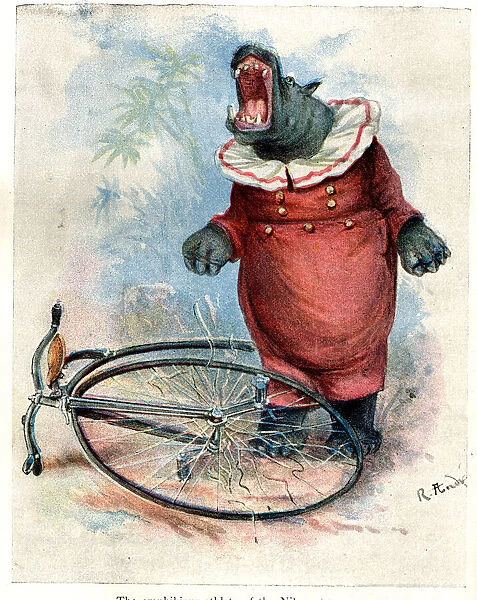

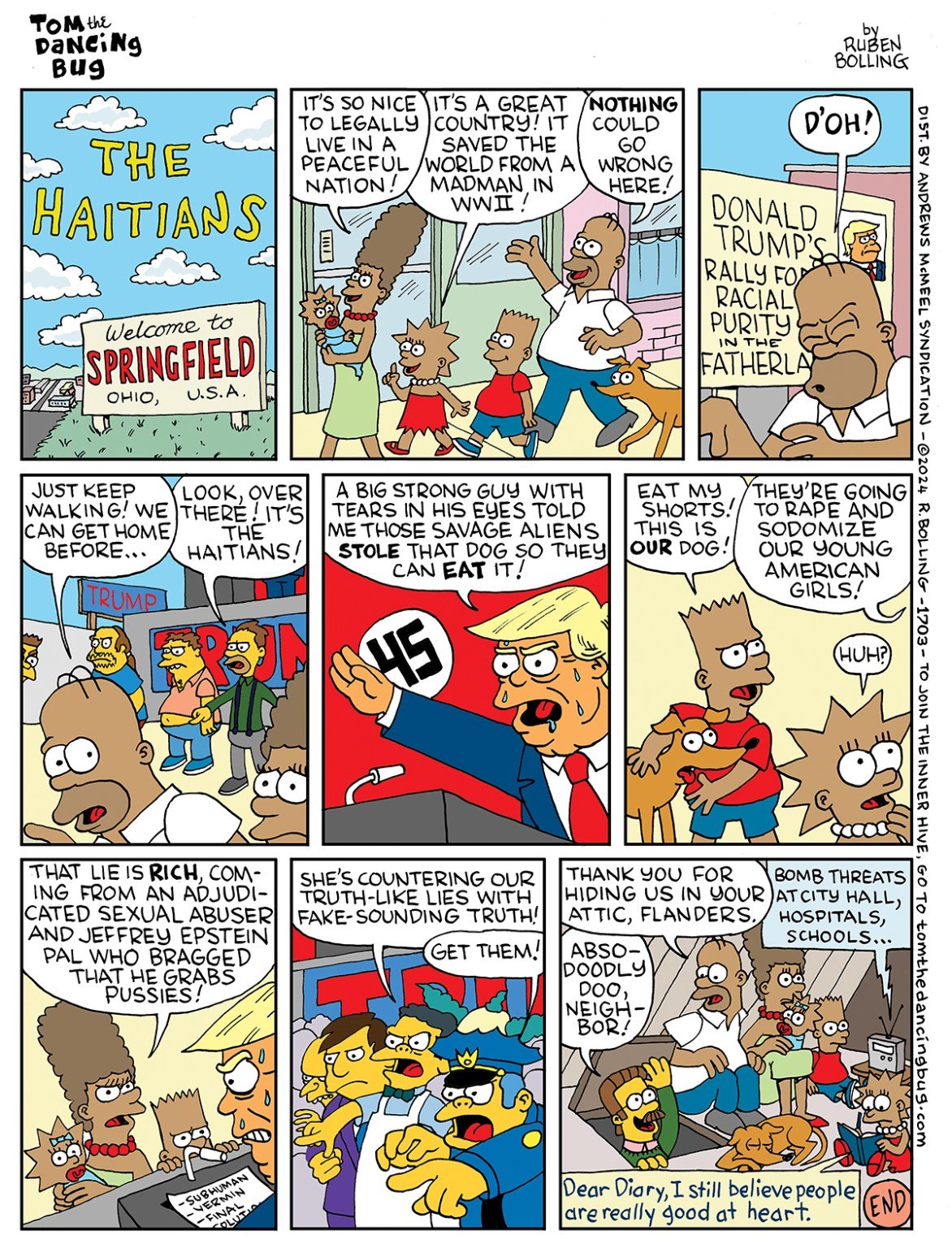
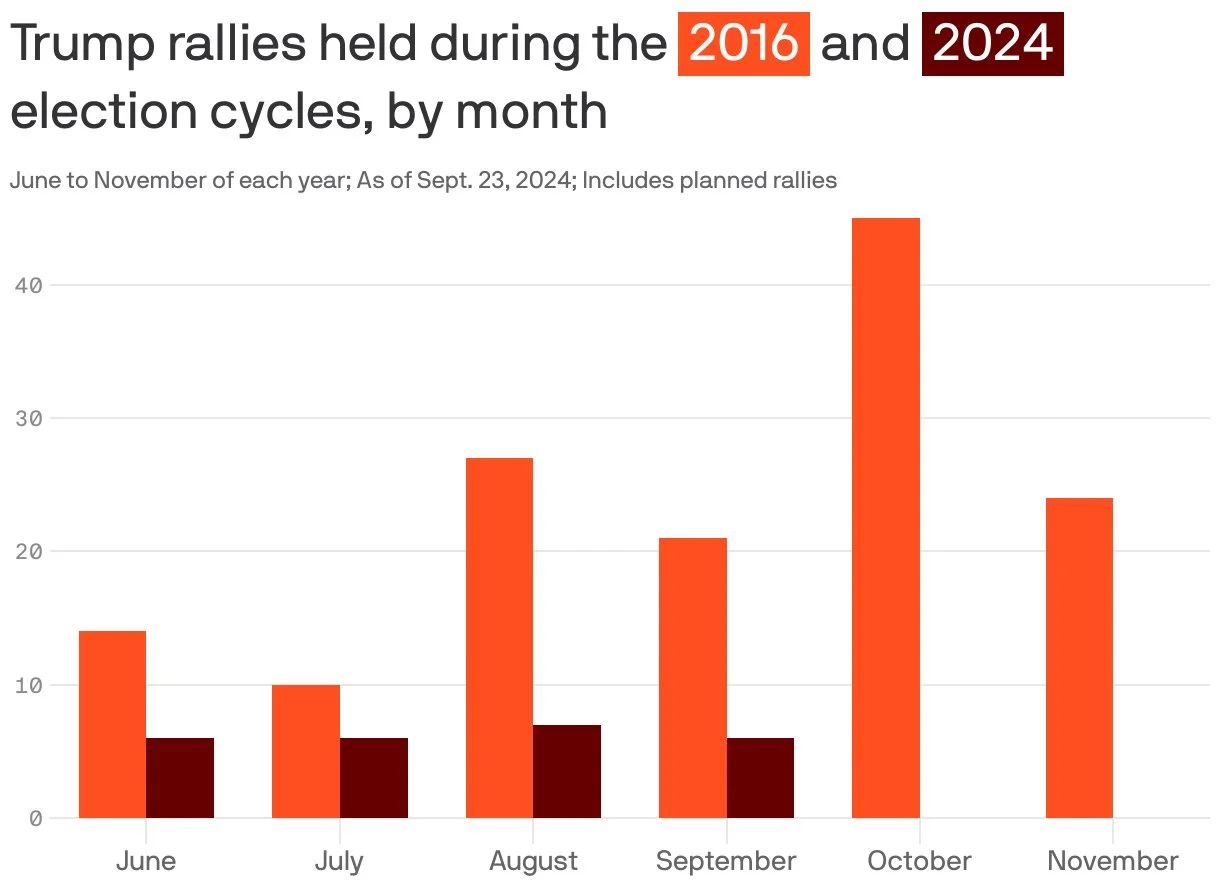


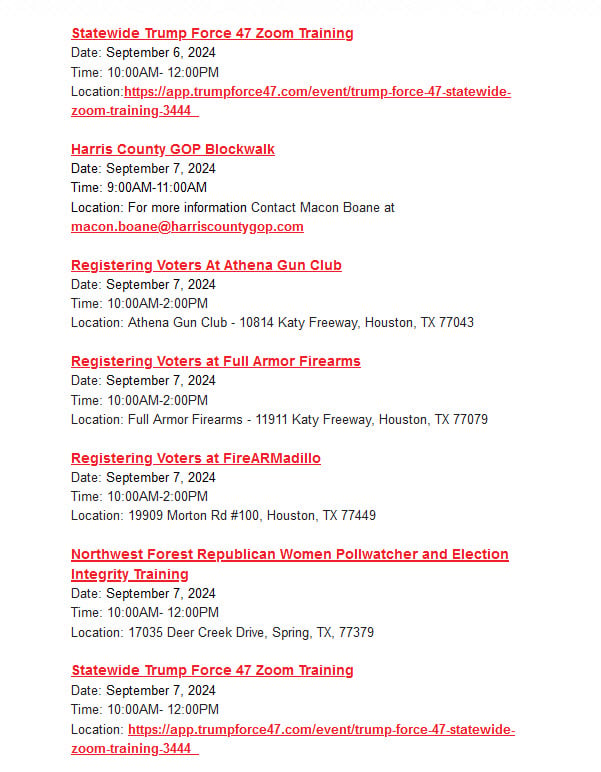

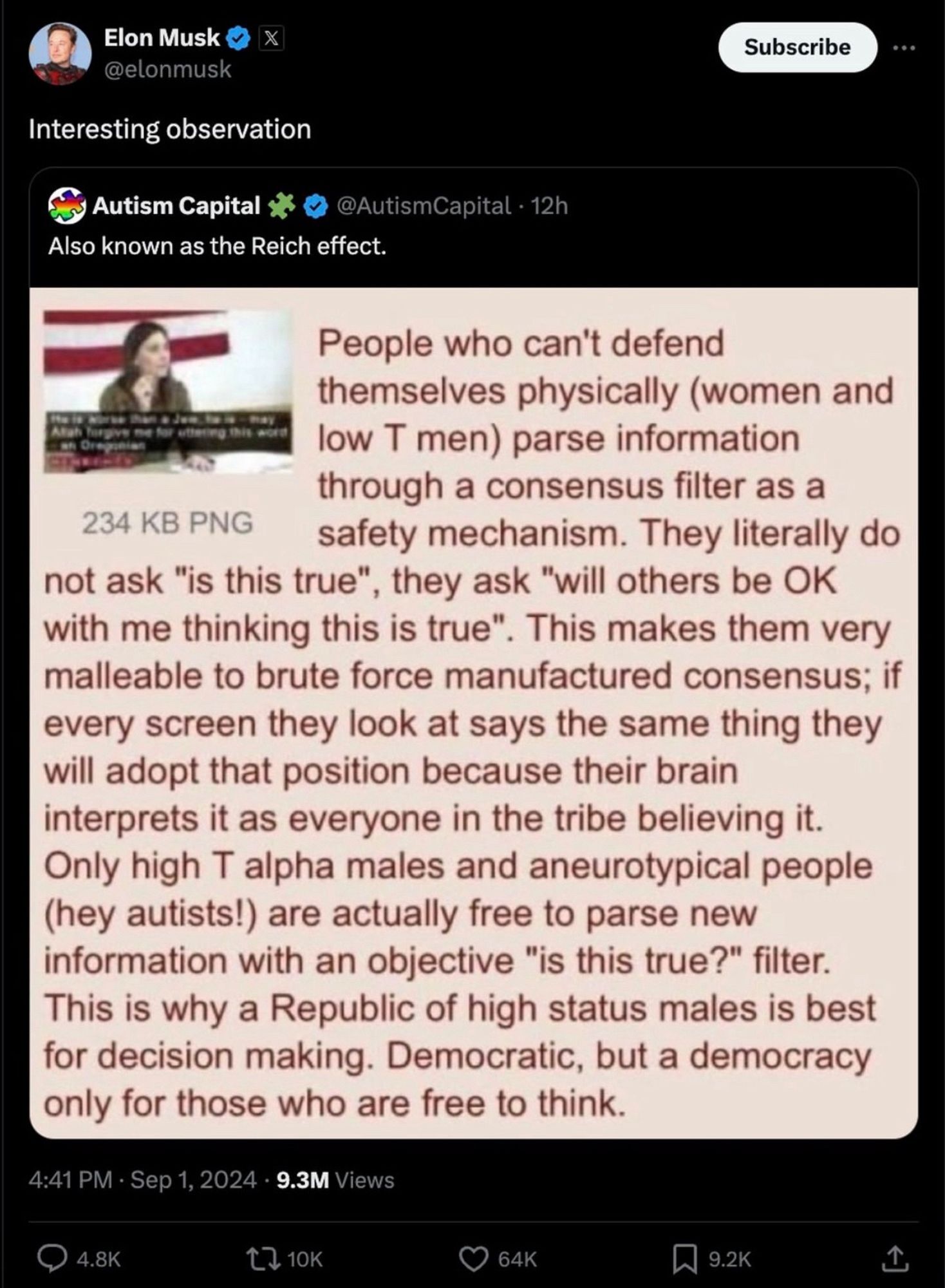
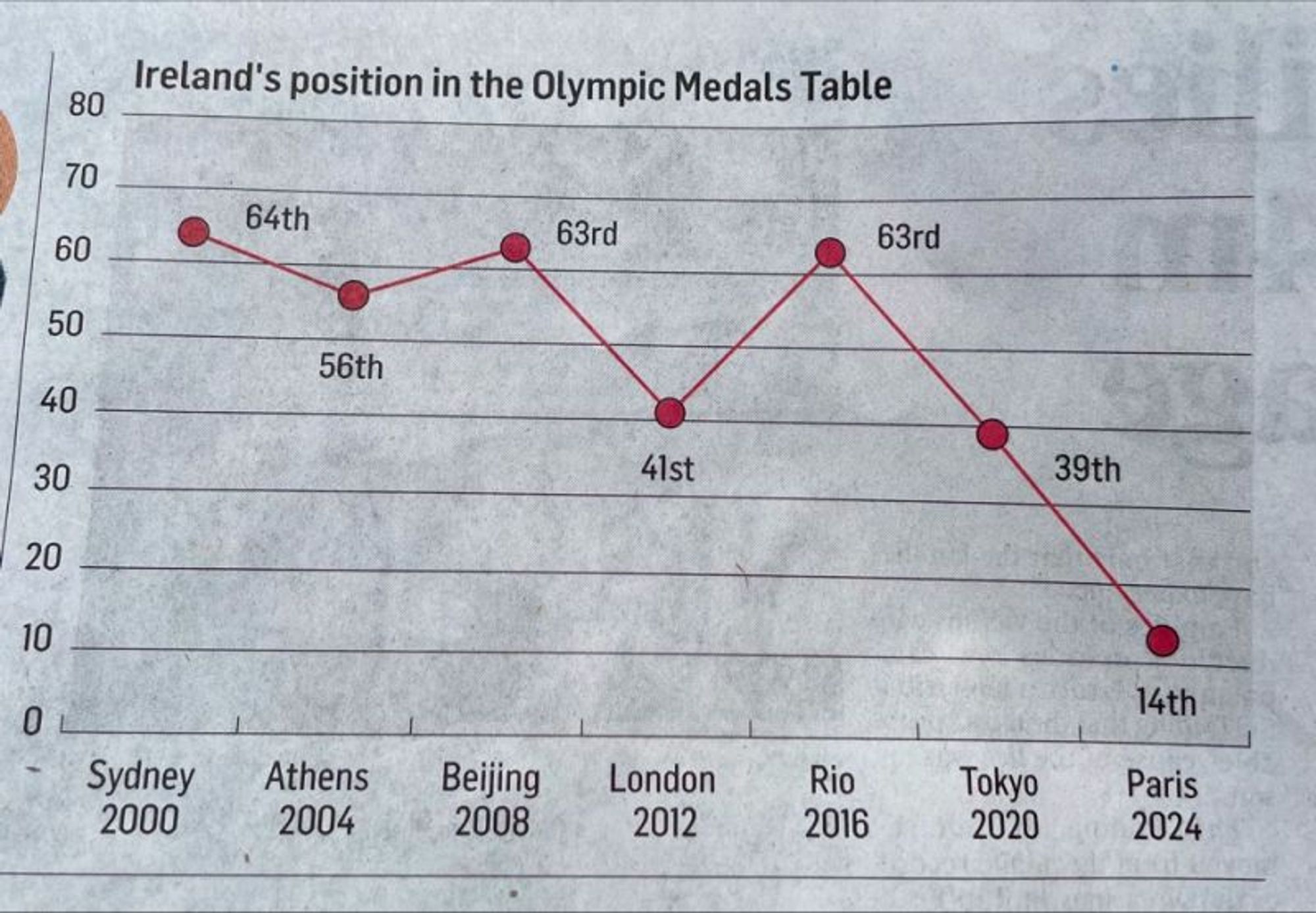
Glances nervously at the ultra-nationalist strains
Some are more democratic than others, certainly.
It is exhausting to hear people smuggly denounce AES states as dysfunctional, by citing their trend towards nationalizarion of capital and popularization of policy. Particularly when the same folks will scream bloody murder if you don't continue to mechanically endorse their brand of corporate liberalism.